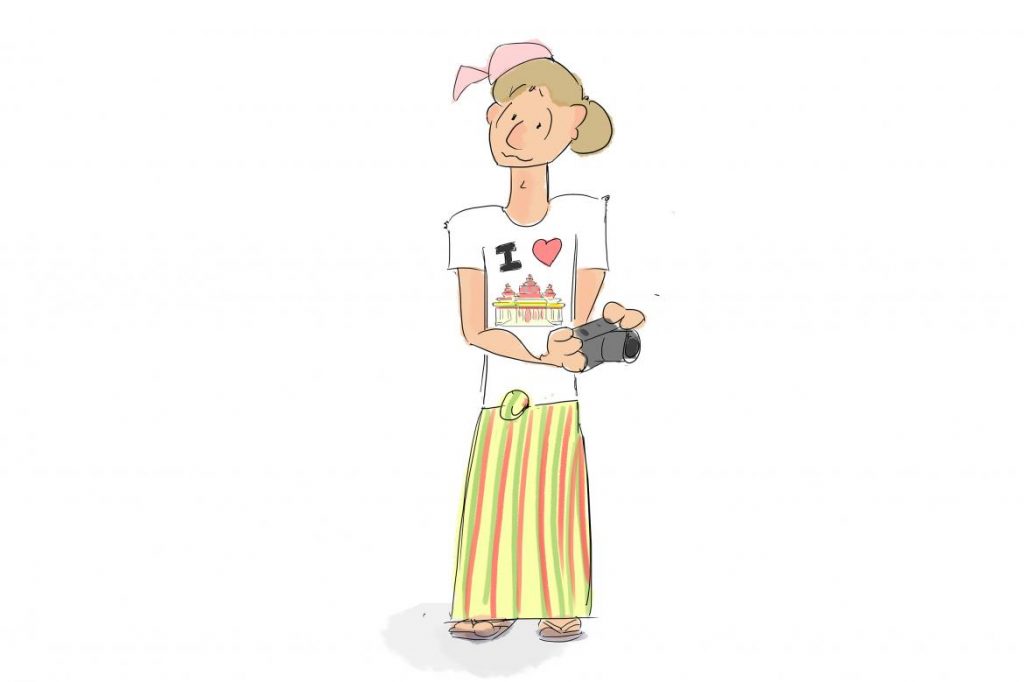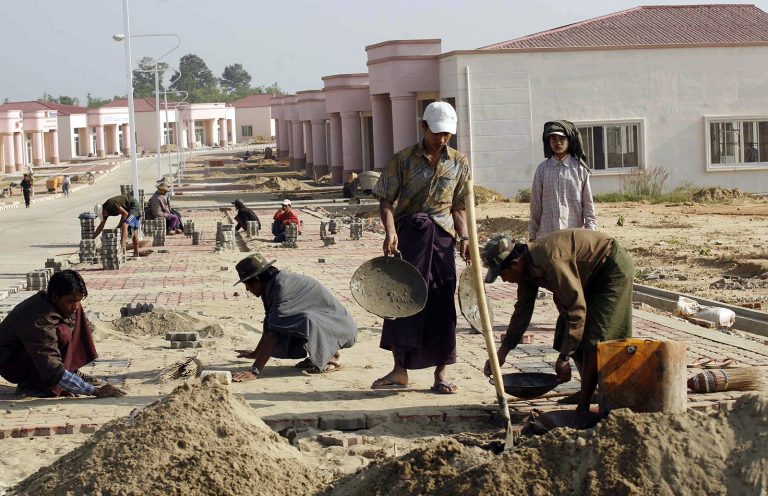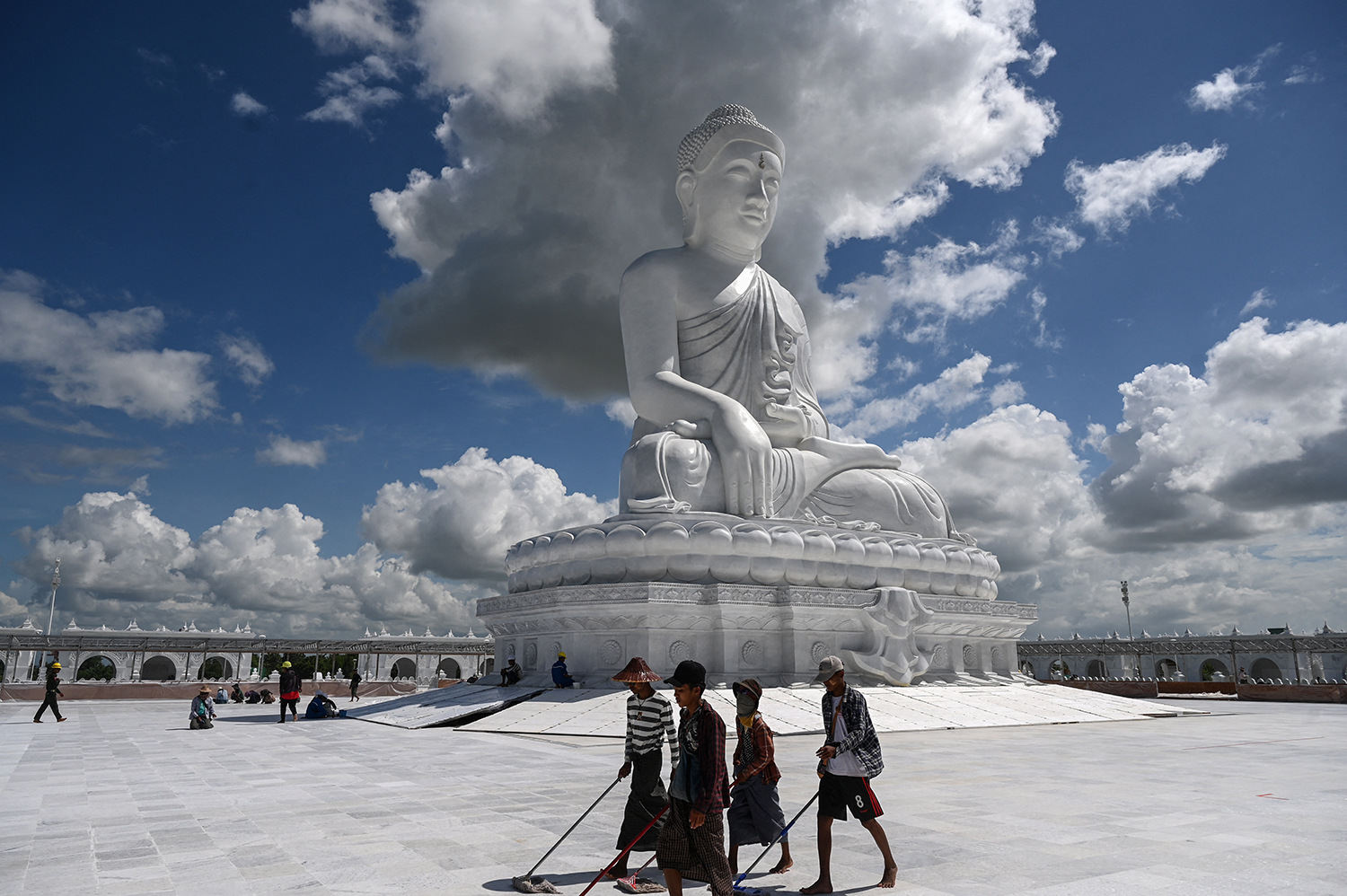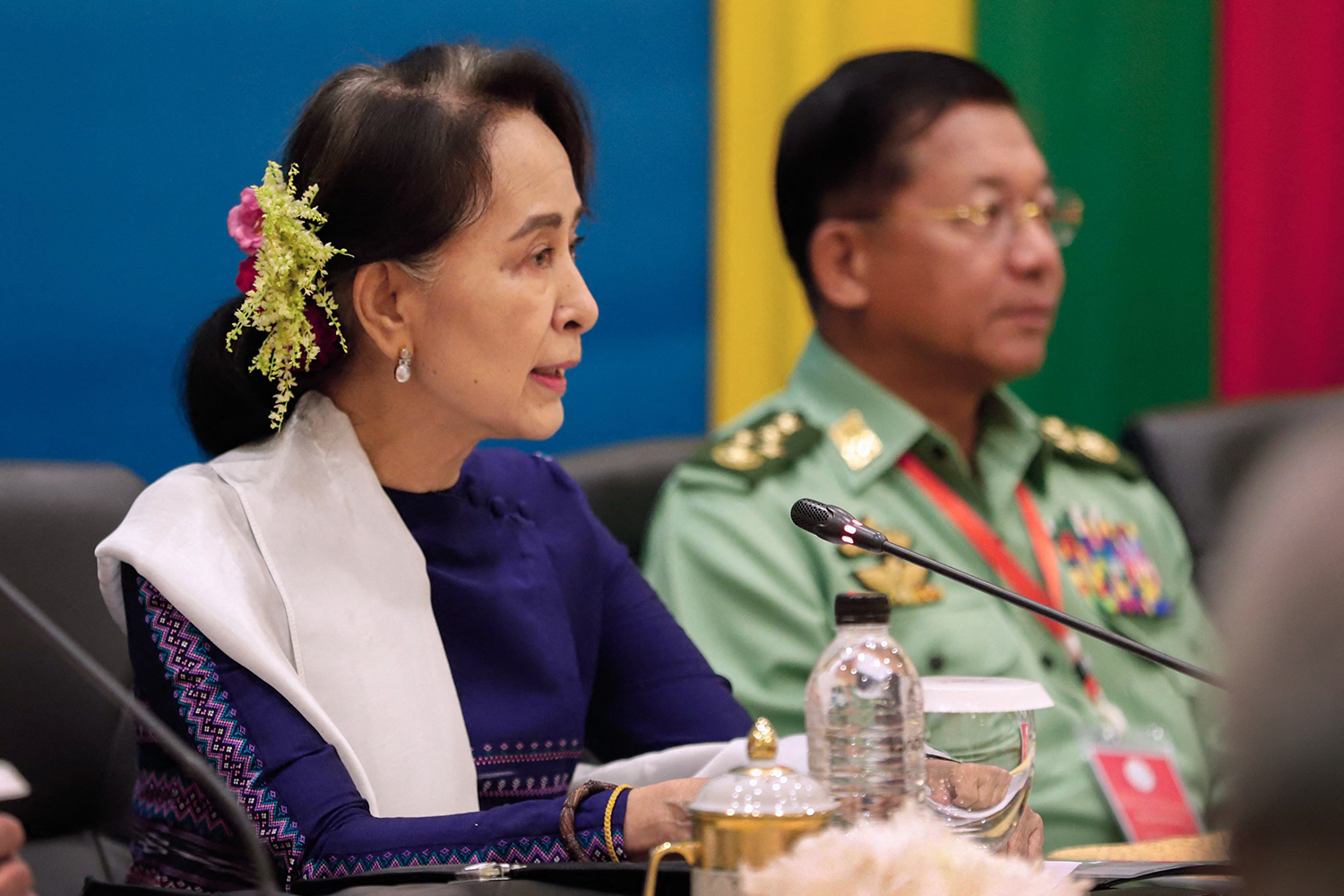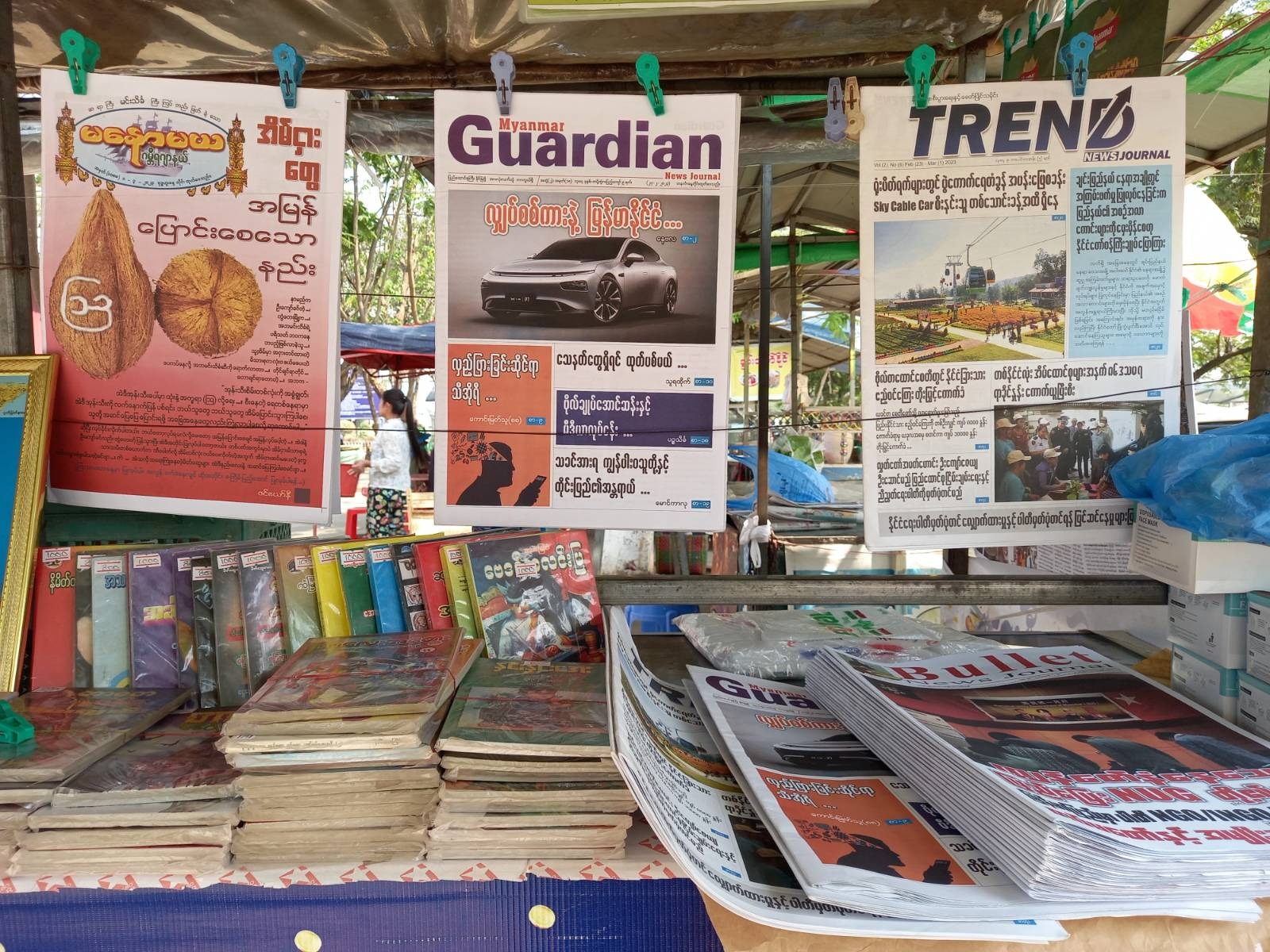An ode to the magisterial wonder of the Pyidaungsu Hluttaw.
THE TRAGEDY of viewing a meeting of the Pyidaungsu Hluttaw, Myanmar’s national parliament, from the mezzanine was the fart sounds.
When I visited, the upper level was mostly populated by student groups. All stood in respectful silence when the speaker, in his ceremonial robes, entered the parliament chamber.
But then every second or two a nervous teenager decided that his or her chair needed to be shifted backward a few inches, punctuating the solemnity with the fart-like sounds of wood on tile—and, naturally, the muffled grunts of kids trying not to crack up.
This, of course, was only audible to those of us in the upper level, and not the collection of elected officials hard at work steering the Ship of State even as those above did their best to put the wind in its sails.
First, I should say that my own students, whom I guest-teach once a week, were very respectful. In preparation for our Nay Pyi Taw field trip, I showed them Frontier’s own “Hluttaw 101”* and we spent one class period divided into two “houses” sending drafts of new school rules to each other.
Support more independent journalism like this. Sign up to be a Frontier member.
What were meant to be detailed, well-structured “rules” turned out to be more of a list of demands: We may eat during class time, dress code shall be abolished, we will receive expenses-paid school vacations, etc.
This is the part where I’m supposed to say, “And our model hluttaw proved a remarkably accurate representation of the real thing!” or something.
But I won’t, because the real-life parliament actually turned out to be pretty impressive. The building itself was clearly constructed (by hook or by crook) to invoke the majestic palaces of Anawrahta, Bayintnaung and Alaungpaya. And boy does it. Past the moat, standing among its many towering buildings and gazing out over the windswept, hotel-studded plains, you truly feel like mounting an elephant and marching your army through the Ayeyarwady River valley.
The impression isn’t really the same when viewed from the city’s empty 20-lane highway (which I also, secretly and un-ironically, think is brilliant).
No less can be said for the vast, echoing corridors and chambers, with columns lined in marble and carved jade. The banquet hall sports a billboard-sized mural of Bagan Palace in all its splendour, and one entire wall of the antechamber contains a mosaic of each type of wood grown in Myanmar, with the panels labelled by tree species. It’s really neat.
The most striking feature of all, however, was the golden sceptre on a pedestal at the head of the assembly chamber. I had never heard of it before, but it seemed to lend the lawmakers gravity as they spoke, even though I could understand nothing except the photos on their PowerPoint slides and once when an MP mentioned Vicky Bowman from the Myanmar Centre for Responsible Business.
(Ms Bowman, if you’re reading this, and if you know, please write in and tell me what that golden sceptre is all about.)
Other than the part about fart noises, I’m sincere about all of this. But on the other hand, I’m the kind of guy who has to resist being distracted from the political, social and economic realities of modern Myanmar by, say, really big paintings.**
It’s a daily struggle. Does it make me a bad journalist? I dunno; maybe. But I will say this: Whatever your feelings about Myanmar’s lawmakers, at least they make laws in style.
*Making them read Frontier articles might be cruel, but at least I keep the students as far as possible from these back pages.
**To show that I’m not 100 percent un-woke, let me include few phrases that didn’t make the final cut: Corrupt decadence; crony contractors; autodeification of the military; Rakhine State; transparency; 66(d); U Htin Kyaw’s glasses.


